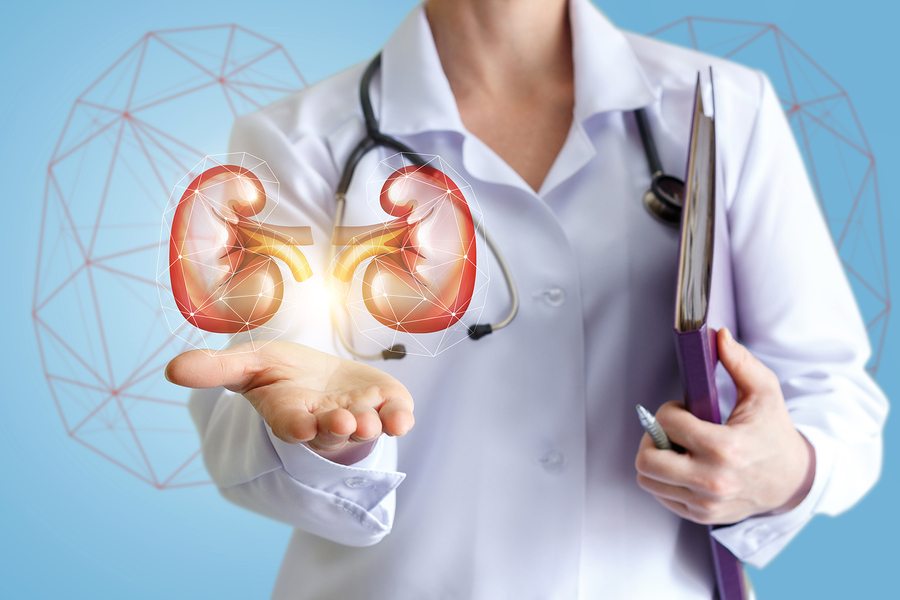When your urinary system does not function well, you may have significant health problems such as acute kidney failure or chronic kidney disease. These conditions require experienced medical professionals like those at Family Medical Specialists of Florida, PLC. Whether your kidney problems are short-term or long-term, their holistic approach to your treatment is exceptional. For a consultation regarding your kidney concerns, call or book an appointment online with their office in Plant City, Florida.

Nephrology Q & A
What is the urinary system?
The urinary system is responsible for cleaning and eliminating toxins and other unneeded substances from your bloodstream. The urinary system includes the kidneys, ureters, bladder, and urethra.
The kidneys filter around 1700 liters of blood every day. As the blood passes through the complex filtration system, unneeded water and substances, like amino acids, urea, and uric acid, are removed.
These substances eventually become urine, which is then removed from the kidneys via the ureters to the bladder, and then eliminated from the body through the urethra and the process of urination.
What is kidney disease?
Kidney disease, also known as renal failure, is a condition where the kidneys stop filtering the blood properly and dangerous levels of toxins accumulate in the blood. This can lead to a myriad of systemic problems, including organ failure and potentially death.
This condition can be acute or chronic. Acute kidney failure develops quickly, often because of another underlying issue. This condition can lead to death, but is irreversible with intensive treatment.
Chronic kidney disease occurs more gradually, and can progress slowly over time. Often, symptoms are not notable until kidney failure is advanced, and significant damage has already happened to the organs of the body.
What are symptoms of chronic kidney disease?
Symptoms of chronic kidney disease are due to the build-up of toxic substances in the blood and the malfunction of systems throughout the body.
When chronic kidney failure is advanced, symptoms may include:
- Decreased urine output
- Swelling of the legs, ankles, or feet
- Shortness of breath
- Extreme fatigue and weakness
- Confusion
- Irregular heartbeat
- Chest pain or pressure
- Seizures or coma
Early symptoms of kidney disease, and may be nonspecific. Blood work and other diagnostic testing are needed for an accurate diagnosis of kidney disease, and follow-up care is mandatory.
What treatments are available for chronic kidney disease?
Your family doctor manages your long-term treatment plan as you work together to maintain your limited kidney function.
Long-term treatment plans are individualized and focus on:
- Slowing the progression of kidney failure
- Treating symptoms
- Treating underlying causes
Treatments may include regulated diet, medications, and fluid restrictions. When the disease progresses, a form of dialysis may be needed to filter the blood.
To evaluate your kidney function and treat your kidney disease, call or book an appointment today.
